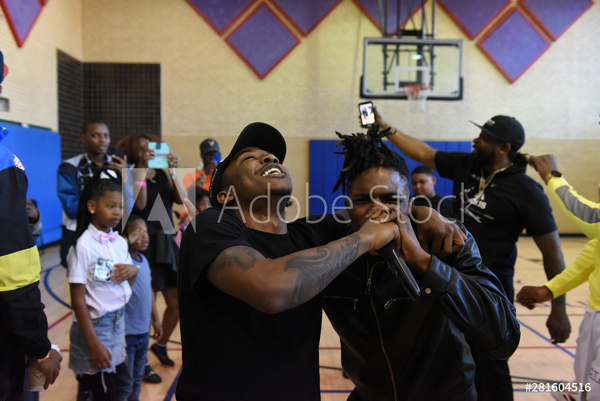Chicana hip hop in los Angeles: knowledges and ktruggles of the latin neighborhood in the feminine
Main Article Content
Abstract
This paper aims at bringing us closer to the Chicana hip hop world in the city of Los Angeles. It ilustrates the motivations, strategies, and struggles of chicanas who find their beat through rapping. First, there is a discussion on Chicano hip hop in Los Angeles, how it became relevant for the youth growing up in the postindustrial barrio and the importance of the female production as the missing element for a representation of such experience as a whole; second, it deepens into the conflicts these women live and the strategies they develop in this cultural movement; ultimately, there is a discussion on Chicana hip hop as activism. The arguments throughout the text find support in the testimonies gathered through interviews done to five chicana rappers and some fragments of their songs.
Article Details
Section
Se solicita a los autores que diligencien el documento de cesión de derechos de autor sobre el artículo, para que sea posible su edición, publicación y distribución en cualquier medio y modalidad: medios electrónicos, CD ROM, impresos o cualquier otra forma, con fines exclusivamente científicos, educativos y culturales
- La obra pertenece a UNIMINUTO.
- Dada la naturaleza de UNIMINUTO como Institución de Educación Superior, con un modelo universitario innovador para ofrecer Educación de alta calidad, de fácil acceso, integral y flexible; para formar profesionales altamente competentes, éticamente responsables y líderes de procesos de transformación social, EL CEDENTE ha decidido ceder los derechos patrimoniales de su OBRA, que adelante se detalla para que sea explotado por ésta
- El querer de EL CEDENTE es ceder a título gratuito los derechos patrimoniales de la OBRA a UNIMINUTO con fines académicos.





